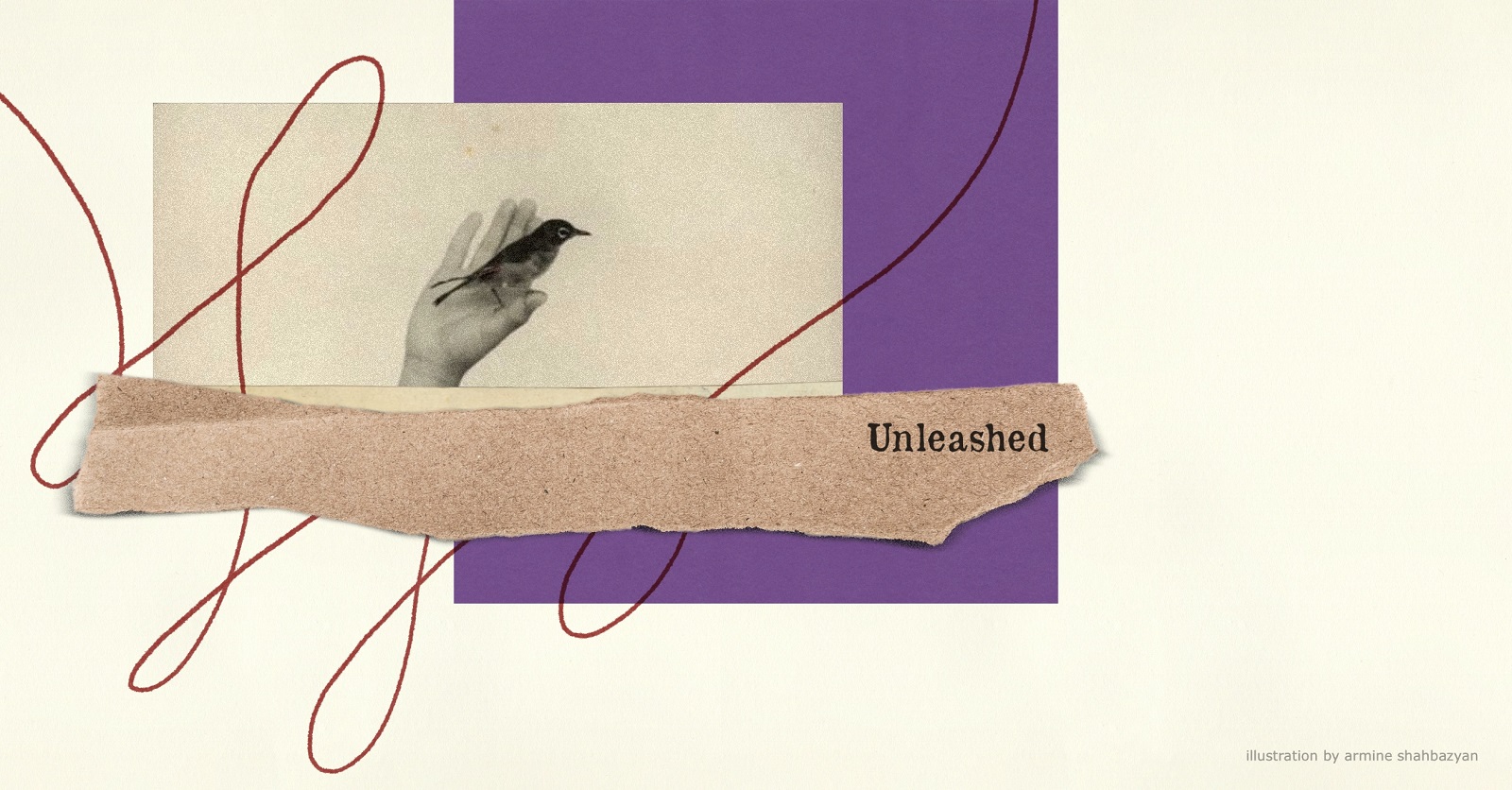

We all have guilty pleasures, right? Tell me yours and I’ll tell you mine?
Okay, I’ll go first. One of mine is when someone I just met touches my left forearm to ask what the words “Noli Me Tangere” tattooed there mean. I can’t think of many moments more satisfying than the look on their face when I answer, deadpan: “It says don’t touch me.”
I don’t mean to be unkind. To be fair though, it’s not terribly polite to touch someone you barely know without their permission. Also, it literally does say that.
But what does it mean? In the biblical sense, “Noli me tangere” (Latin) translates to “Touch me not” and is a phrase spoken by Jesus to Mary Magdalene upon his resurrection, an encounter described in the Gospel of John (20:17). Basically, Jesus is crucified and dies for our sins but then returns three days later, and when Mary Magdalene sees him, she freaks out a little (I mean… who wouldn’t?) and reaches out to try to touch him. Jesus then says to her: “Touch me not; for I am not yet ascended to my Father.”
This event and its profound implications are remembered and celebrated by Christians around the world throughout the Easter period, but especially Easter Sunday, which for Armenians is next week. It demonstrates Jesus’ victory over death and his glorified state in his transition from mortality to immortality, symbolizing the transcendent power and possibility of overcoming any adversity. Like the mythical phoenix that rises from the ashes, Jesus embodies the ultimate comeback, profoundly transformed in the nature of his existence and his relationship with his followers.
For the record, I’m not particularly religious nor do I have any meaningful grasp of the Bible. Instead, I discovered “Noli Me Tangere” through José Rizal, a Filipino freedom fighter, whose novel by the same title I devoured in my early thirties. First published in 1887 in Berlin, Germany, the book is considered one of the most important works in Philippine literature and played a crucial role in the country’s history, contributing to the awakening of national consciousness among Filipinos during the Spanish colonial era.
The novel tells the story of Crisóstomo Ibarra, a young Filipino who returns to his homeland after studying abroad. He dreams of improving the lives of his countrymen by using the knowledge and skills he has acquired overseas. However, he faces resistance from the colonial government and the Catholic Church. Through its characters and plot, “Noli Me Tangere” exposes the injustices and corruption under Spanish rule, including the abuses of the friar orders, the discrimination against native Filipinos, and the flaws in the colonial administrative system.
Rizal dedicated the novel to his motherland, aiming to illuminate the social conditions and the sufferings of the Filipino people under Spanish tyranny. He chose the title, “Noli Me Tangere,” based on Jesus’ utterance upon his resurrection, to symbolize his country’s desire for liberation. The novel, along with its sequel “El Filibusterismo” (1891), significantly influenced the Philippine revolution against Spanish rule, and inspired a generation of Filipinos to fight for their country’s independence. Rizal was executed in 1896 by the Spanish colonial government for the crime of rebellion. The revolution inspired by his writings nevertheless eventually resulted in Philippine independence almost 60 years later, making Rizal a national hero.
“Noli Me Tangere” easily resonates with the struggle of Armenians who have long fought for their right to self-determination in Nagorno-Karabakh. Like Rizal’s Philippines, Nagorno-Karabakh has been a battleground for identity, independence and freedom, where ethnic Armenians have endeavored to navigate a complex geopolitical landscape marked by conflict and aspirations for peace. As Armenians now confront the recent realities of crushing loss and heartache from being, once again, displaced and dispossessed, Rizal’s story reminds us never to give up, and that liberation is fought in the hearts and minds of a people resolutely committed to their homeland’s legacy and future. And Jesus’ story reminds us not to fear or view death as an end, but as a gateway to eternity.
The lessons of “Noli Me Tangere” were far more personal for me. My late twenties and early thirties marked a very dark period of my life after a series of rapidly succeeding traumatic events tested the limits of my will to live. In my battle to conquer the demons which sought to destroy me, I found solace and strength in these words. Now forever etched into my skin, this phrase has become my armor, a statement of sovereignty and autonomy over myself, and an unwavering resolve to surmount any challenge.
It also taught me to build an inner sanctuary of peace and self-love, which I fiercely protect, ready to sever ties or burn bridges with anyone who may cause me harm. Some refer to this as “setting boundaries,” while others might describe it as “protecting your inner child.” I think Maya Angelou put it most beautifully when, speaking to Oprah, she said (25:48): “There’s a place in you that you must keep inviolate. You must keep it pristine, clean. So that nobody has the right to curse you or treat you badly, nobody… because that may be the place that you go to when you meet God.”
See all [Unleashed] articles here
Listen to Sheila’s personal reading of “Noli Me Tangere”.

Sheila Paylan is an international human rights lawyer and former legal advisor to the United Nations. Now based in Yerevan, she regularly consults for a variety of international organizations, NGOs, think tanks, and governments.

